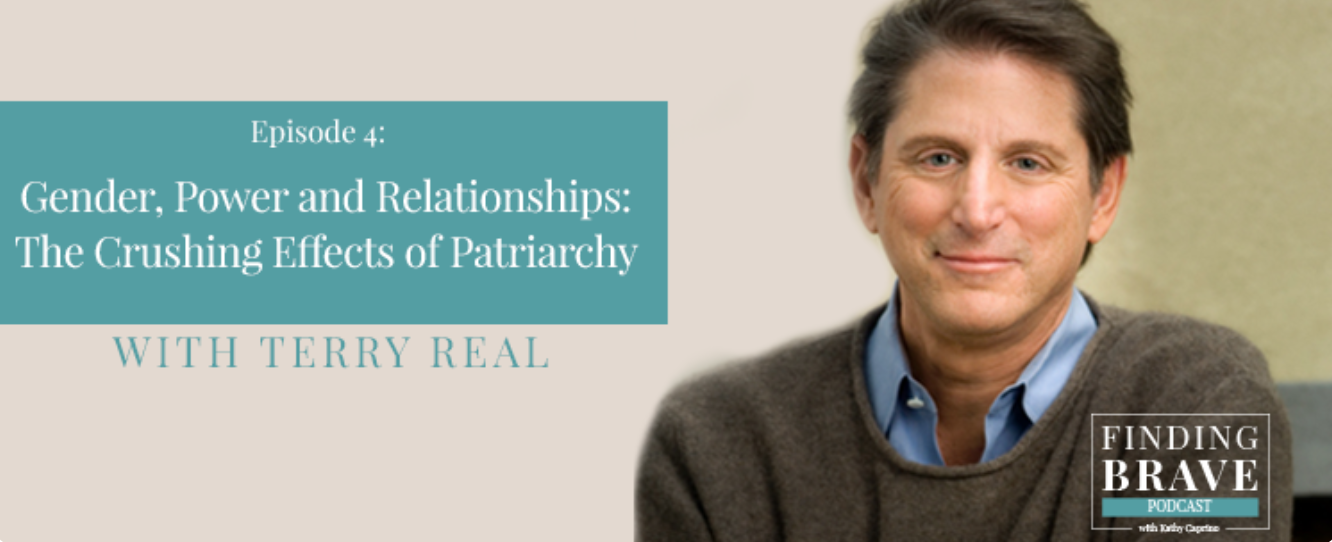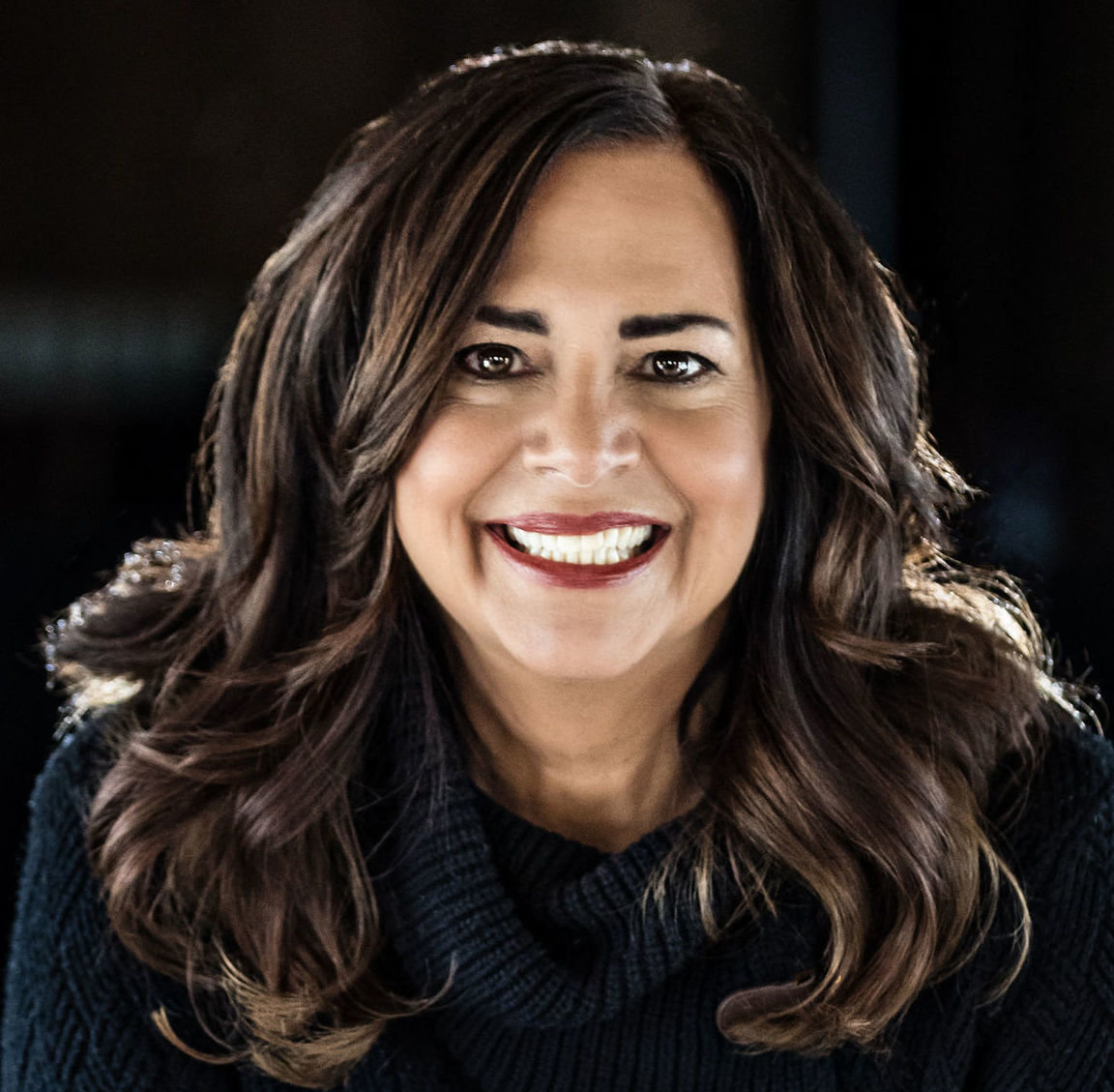Over the past 16 years of coaching and training professional women around the globe, and before that in 18 years of corporate life and working as a therapist, I’ve seen firsthand that thousands of women have spent years focused on building “successful” careers, teams and businesses, only to wake up and realize they are very far from where they want to be, without a strong sense (or any real clarity) as to what’s in the way.
They know they want to be one of those people who makes a positive impact and difference in the world and in their work, but they’re finding it difficult to become that person. (Here’s what I’ve seen are the 9 Core Traits of People Who Positively Impact the World).
Many mid- to high-level women globally (even those who seem influential) are expending great amounts of energy trying to hide the fact that they’re scared, confused, and demoralized, attempting to find a better way to lead, collaborate, manage, and connect meaningfully with their organizations and even in their own businesses. In fact, a staggering 75% of executive women are experiencing the “imposter syndrome.” Many have achieved some great “external” success, but internally they’re not thriving. They feel they’re not where they should or want to be in terms of impact, responsibility, leadership, or compensation. They feel they have fallen behind their male counterparts in terms of salary and benefits, and they’re right.
My research has revealed that, while there are irrefutable numbers of critical institutional, organizational, cultural and societal barriers that block greater success for women today, I’ve witnessed too that many professional challenges are related in some core way to a lack of internal and external power that we possess, and that lack causes steady “leaks” in confidence, self-esteem, vision, impact, authority, and influence.
These power leaks affect women’s ability to make the headway necessary towards building rewarding professional lives that generate the passion, power and purpose they want.
The 7 most damaging power gaps that I’ve observed are:
Gap #1: Not recognizing your special talents, abilities and accomplishments (63% of women I’ve surveyed have this gap)
Gap #2: Communicating from fear, not strength (70% of women surveyed have this gap)
Gap #3: Reluctance to ask for what you want and deserve (77% of women surveyed have this gap)
Gap #4: Isolating from influential support (71% of women surveyed have this gap)
Gap #5: Acquiescing instead of staying STOP! to mistreatment (48% of women surveyed have this gap)
Gap #6: Losing sight of your thrilling dream for your life (76% of women surveyed have this gap)
Gap #7: Allowing the past to continue to negatively shape and define you (62% of women surveyed have this gap)
But what’s even more troubling is that women tend to shun the very thing they need to shift out of this dynamic. They often claim they don’t want power because it’s negative, abused, aggressive or authoritarian. In short, many women believe that power is not something they want or need.
But they’re mistaken.
We all need positive power to reach our highest potential and our most thrilling, rewarding goals and visions.
Without power, we cannot become the true authors and change agents of our own lives. And we cannot bring about the changes needed in our society, our work cultures, organizations and teams. And we certainly cannot attain diversity, equity and inclusion in our workplaces.
I’ve made it my life’s work to help women close these 7 damaging power gaps that keep them from creating what they desire in both work and their personal lives.
For a deeper dive into one of the most prominent of the 7 power gaps – Power Gap #6: Losing Sight of Your Thrilling Dream for Your Life (which, according to my latest survey, 76% of the women studied are experiencing), take a listen to the audio Chapter 6 of my latest book The Most Powerful You, via my Finding Brave podcast:

This week, in an effort to gauge LinkedIn members’ views of power, and to see how men and women view it differently, I’ve posted a poll via LinkedIn asking this question:
What is your honest feeling about the word “power” in relation to the idea of becoming “more powerful” in your role and leadership?
The responses and comments were fascinating and eye-opening, and reveal a critical picture. They confirm once again that many women still believe “power” is damaging and something to avoid.
One reason behind women’s rejection of the concept of power is that women have been subjugated under power throughout history and certainly in corporate America, where the dominant culture is male. So they subconsciously do not want to internalize an experience or trait they believe has caused them harm, which is understandable.
For more on this dynamic around power, click the image below to hear renowned therapist and bestselling author Terry Real speak about the crushing effects of patriarchy on both men and women today and how it hurts us:

That said, “positive power” needs to be redefined and embraced, so we can more fully develop the ability to shape our own futures and lives as we want them, to become effective change agents for growth and expansion that we need to be, for ourselves and others. Without a greater experience of power, that will not be possible.
My view of Positive Power is this – it’s:
- The power TO, not power OVER
- Ability to accomplish, create and manifest
- Strength to become a force for good
- Influence to make an impact and difference
- Authority to lead and work as you wish
- The capacity to build inspiring partnerships with others who can support your growth, learning and success
- Self-trust and self-confidence to believe in and share your ideas and visions
Power doesn’t have to be:
Harsh – Critical – Aggressive – Angry – Hurtful – Abusive
It can be gentle, kind, compassionate and loving.
With greater positive power, you are able to:
- ENGAGE in more meaningful, rewarding work and relationships
- EARN the respect, recognition (and money) you deserve
- LEVERAGE your natural talents and gifts in service of others
- BUILD heart-connected relationships that are healthy, beneficial and enriching
- LOSE your fear of vulnerability and connect more openly
- UPLIFT others as you rise
The key questions I’d suggest exploring are these:
What do you personally feel about “power” and where did you learn that connotation/definition?
How is your resistance to power potentially hurting you and keeping you from doing all that you want to?
Can you embrace the concept of “positive power” and leverage that fully to become who and what you want to be?
When you can access the bravery and positive power necessary to view your failures as opportunities and expand your capabilities, strength, vision, and impact, then nothing can stop you. And you will become a positive, inspiring role model for others, which in turn transforms your work cultures and teams.
Ready to embrace positive power and close your power gaps?
The strongest gap-closing step you can take is to review the 7 gaps above, and if any resonate with you, choose the one that is holding you back the most from what you want to be and do.
Then, starting now, take one small, doable micro step each day to begin to close that gap so that it’s no longer painful, destructive, or self-limiting.
Face it bravely, get outside help to be accountable, and take actions that will finally help you recognize and fully leverage your amazing talents and abilities, to lead and contribute at your highest level.
As Einstein so wisely said,
“We cannot solve a problem on the level of consciousness that created it.”
It’s time to shift our consciousness around power, and “find brave” every day to close the power gaps that keep you from your highest and happiest potential.
* * * *
To build your bravery, confidence, and strength and become the true author of your life and leadership, take my online training course The Most Powerful You, based on my latest book The Most Powerful You: 7 Bravery-Boosting Paths to Career Bliss. And visit kathycaprino.com for more resources and support.


